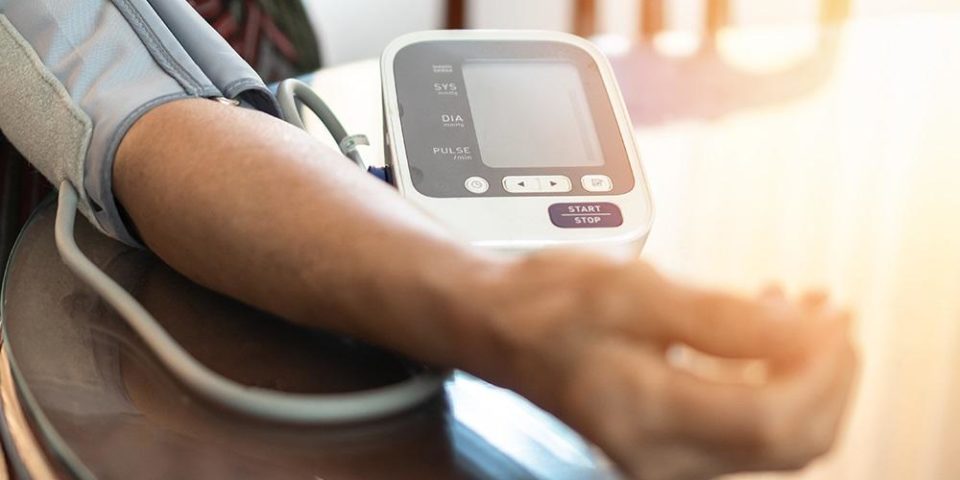Should you monitor your own blood pressure?
If you have high blood pressure, your doctor may have already recommended that you monitor it regularly at home, but self-monitoring can also help with an early diagnosis of hypertension, especially for people with diabetes or kidney problems.
“Self-monitoring, if done correctly, can help to make sure your medication is working, alert you and your doctor to potential health complications and help you track whether any lifestyle changes you’ve made are effective,” said Cameron Thomasson, NP. Some people have said that keeping a daily record led them to be more motivated to take control of their diet and exercise levels.
Where do you begin with monitoring your own blood pressure?
- Start with the right device. Thomasson recommends purchasing a device that has an automatic blood pressure evaluation, which will also provide your blood pressure and pulse rate.
- Make sure the cuff fits properly. An ill-fitting cuff can lead to inaccurate readings.
- Keep a diary of your readings. Keep a diary of your blood pressure readings daily or at least three times a week to see any patterns that may occur.
What is a normal blood pressure range?
“Normal blood pressure is less than 120/80mmHg,” Thomasson said. “If you have two or more readings that are consistently above or below your normal blood pressure, you should call your doctor’s office, especially if you are experiencing any dizziness, lightheadedness, blurred vision, headache or chest pain or are having any trouble breathing.” It is important to notify your doctor any time you are experiencing changes in your blood pressure from your normal range.
Here are some tips for self-monitoring your blood pressure:
- Check your blood pressure at the same time each day and in the same setting.
- Sit down in a relaxed environment with your legs and ankles uncrossed.
- Always use the same arm, in a restful position.
- If you have trouble wrapping the cuff around your arm in the proper location, ask a family member or friend to assist you.
- If your readings suddenly exceed 180/120 mmHg, test again in five minutes. If the reading is still high, contact your doctor immediately.
- If you are also experiencing chest pain, shortness of breath, back pain, numbness, weakness, changes in vision or difficulty speaking, do not wait to see if your pressure comes down on its own. Call 911 immediately.
Remember, home blood pressure monitoring is not a substitute for visits to your doctor. Do not stop or change your medications or alter your diet without talking to your doctor first.
Find a doctor
Whether you’re looking for a primary care physician or need to see a specialist, we’re here to help with experienced, compassionate care near you.
Find a Doctor

